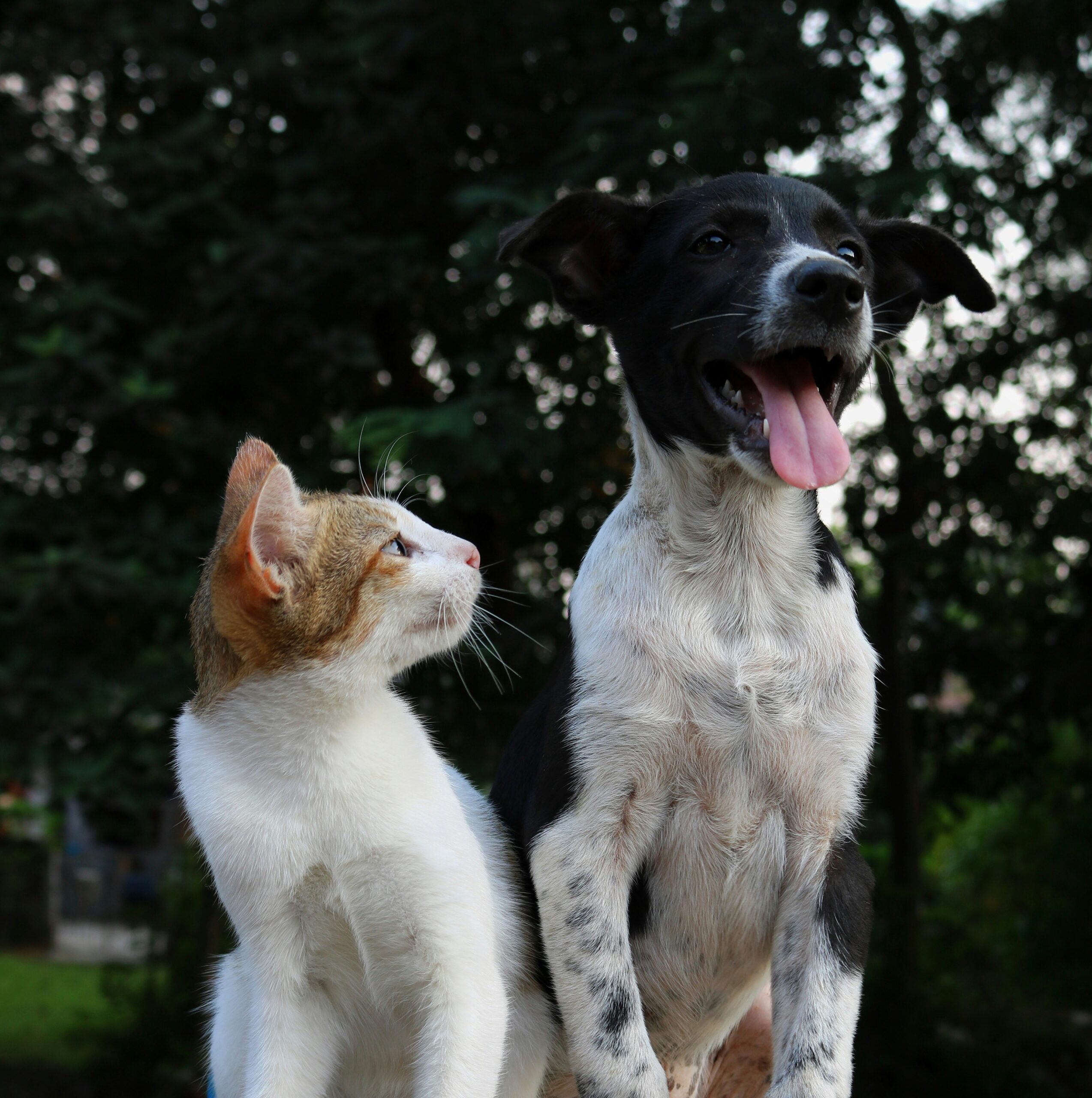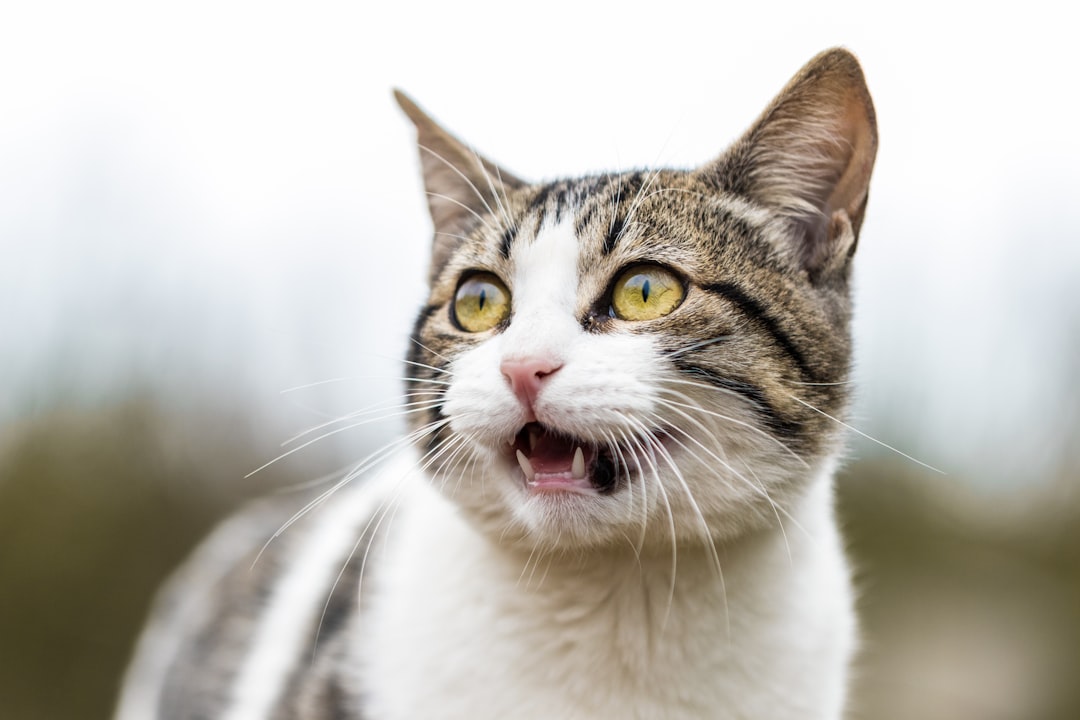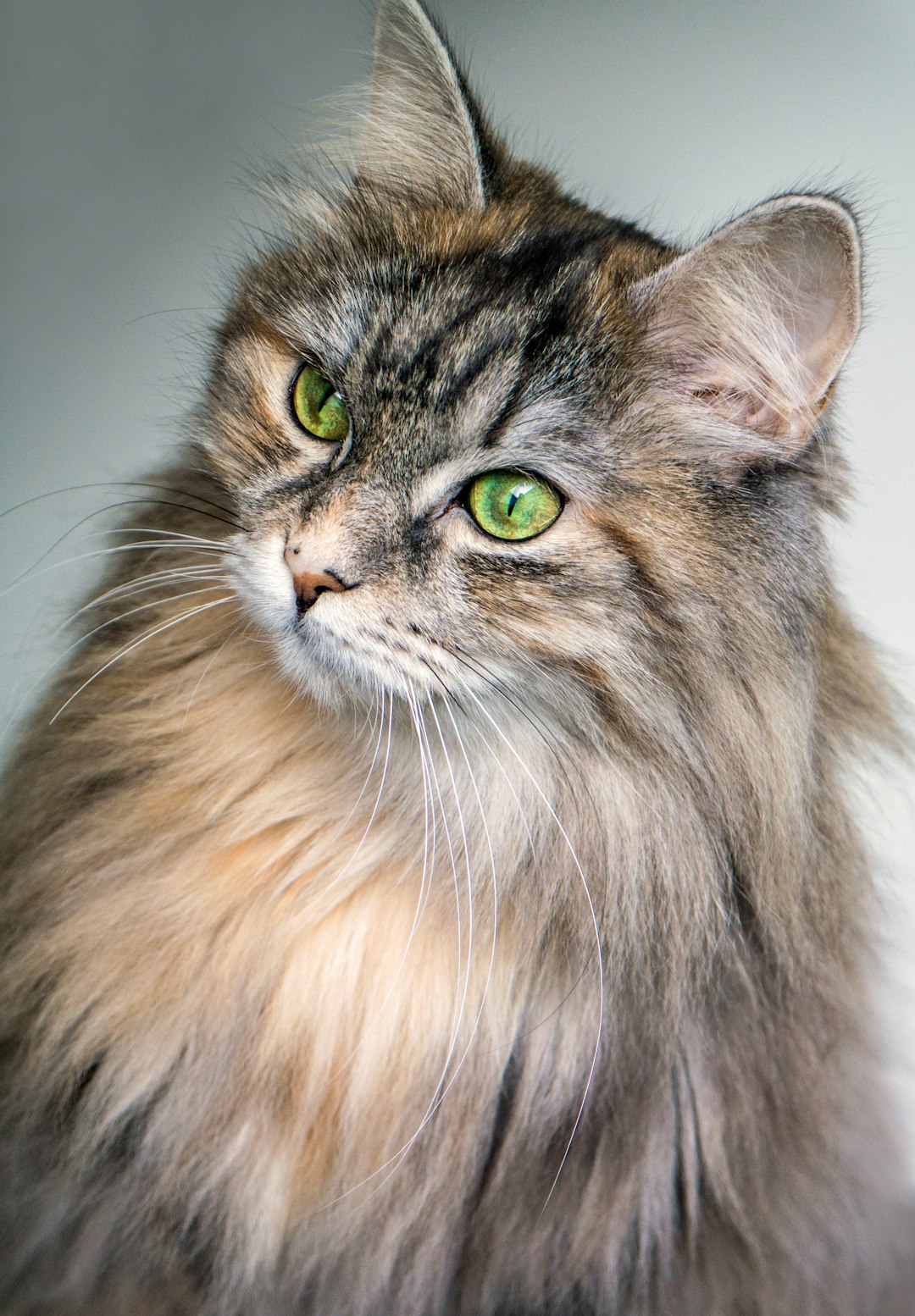Peace lilies, known for their elegant appearance, can pose a risk to our feline friends. While these popular houseplants brighten up any space, they contain calcium oxalate crystals that can cause significant toxicity in cats. Symptoms may range from mild irritation to severe distress, prompting many pet owners to question, “Can cats eat broccoli?” Understanding the potential dangers of peace lilies is crucial for ensuring a safe environment for your pets. In this blog post, we will explore key issues surrounding peace lily toxicity and provide important insights on keeping your cat healthy and safe.
Understanding Peace Lilies and Their Toxicity
Peace lilies, known for their beautiful white blooms and lush green leaves, are popular houseplants. However, it’s crucial to understand their potential toxicity to cats. While these plants can brighten up your home, they contain calcium oxalate crystals, which can be harmful if ingested.
Here’s what you need to know:
- Toxic Compounds: Peace lilies contain calcium oxalate, which can cause irritation and discomfort when cats chew on the leaves or flowers.
- Symptoms of Toxicity: If your cat ingests a peace lily, you might notice symptoms such as:
- Oral irritation
- Pawing at the mouth
- Vomiting
- Difficulty swallowing
Understanding these risks is vital for pet owners. So, while enjoying your peace lilies, consider keeping them out of reach of your furry friends. On the other hand, if you’re curious about alternatives, you might wonder, "can cats eat broccoli?" While broccoli is generally safe in small amounts, it’s essential to ensure that your cat enjoys balanced nutrition without risking exposure to toxic plants like peace lilies.
Common Symptoms of Peace Lily Poisoning in Cats
If you’re concerned about your cat’s potential exposure to Peace Lilies, it’s crucial to recognize the common symptoms of poisoning. Peace Lilies contain calcium oxalate crystals, which can irritate a cat’s mouth and gastrointestinal tract. Here are some symptoms to watch for:
- Oral Irritation: Cats may drool excessively or paw at their mouth.
- Vomiting: Frequent or severe vomiting is a common reaction.
- Difficulty Swallowing: Look for signs of discomfort when your cat tries to swallow.
- Decreased Appetite: Your cat may refuse food due to oral pain.
- Lethargy: A noticeable decline in energy levels can occur after ingestion.
It’s essential for cat owners to recognize these symptoms promptly. If you notice any of these signs, especially after your cat has been near a Peace Lily, it’s imperative to seek veterinary care.
While discussing plant safety, it’s worth noting that some cat owners wonder, "can cats eat broccoli?" Unlike Peace Lilies, broccoli is a safe vegetable for cats in moderation. Always educate yourself about safe plants to prevent emergencies.
What Makes Peace Lilies Harmful to Cats?
Peace lilies (Spathiphyllum) may appear beautiful, but they harbor compounds that can be dangerous for cats. Here’s why these plants can pose a threat:
Calcium Oxalate Crystals: The primary toxic element in peace lilies is calcium oxalate. When cats chew on the leaves or flowers, these sharp crystals can irritate their mouths, throat, and digestive tract.
Symptoms of Ingestion: If your cat ingests peace lilies, watch for the following symptoms:
- Drooling
- Pawing at the mouth
- Swelling of the mouth and throat
- Vomiting
- Loss of appetite
Comparison to Other Plants: While some plants, like broccoli, are safe for cats when cooked and offered in small amounts, peace lilies are definitely not in the same category. Cats should be kept away from this toxic plant entirely.
Understanding plant safety is crucial for pet owners. Instead of peace lilies, opt for non-toxic houseplants that can coexist safely with your furry friends. Remember, the well-being of your cat always comes first!
Preventing Cat Exposure to Peace Lilies
To keep your feline friends safe, it’s crucial to prevent any exposure to peace lilies. Here are some effective strategies to ensure your cat stays away from these toxic plants:
Place Houseplants Wisely:
- Use high shelves or hanging planters to keep peace lilies out of your cat’s reach.
Cat-Proof Your Home:
- Consider creating a designated area for your plants and blocking off access using baby gates or pet barriers.
Educate Household Members:
- Make sure everyone in the house understands the risks of peace lilies and encourages responsible behavior around plants.
Use Deterrents:
- Bitter sprays or pet-safe deterrent devices can discourage your cat from approaching the plants.
Monitor Indoor Plants:
- Regularly check for signs of tampering or interest from your cat.
Additionally, many cat owners ponder the question, can cats eat broccoli as a safer alternative for their pets. Broccoli is non-toxic and can provide a healthy snack option, unlike peace lilies.
Implementing these strategies will foster a safer space for your cat while allowing you to enjoy your plants. Remember, prevention is key!
Safe Alternatives to Peace Lilies for Cat Owners
When considering houseplants that won’t harm your feline friend, it’s essential to choose pet-safe options. Here’s a list of some beautiful alternatives that are safe for your cats:
- Spider Plant: Known for its air-purifying qualities, the spider plant is non-toxic and offers a playful design.
- Boston Fern: This lush, vibrant plant adds greenery without risk. Cats can even enjoy nibbling on its fronds!
- Areca Palm: This tropical plant is safe for cats and adds a touch of elegance to any room.
- Calathea: With stunning, variegated leaves, calatheas are non-toxic and can brighten up your space.
On the other hand, you might wonder, can cats eat broccoli? While it’s not a plant to decorate your home, broccoli is a safe vegetable that many cats enjoy in moderation.
To ensure a pet-friendly environment, always research plants before bringing them home. Remember, even non-toxic plants can cause mild stomach upset if ingested in large quantities. By choosing safe options and monitoring your cat’s behavior, you can create a harmonious home filled with greenery!
Steps to Take If Your Cat Ingests a Peace Lily
If you suspect that your cat has ingested a Peace Lily, act quickly to ensure its safety. Here are the critical steps to follow:
Assess the Situation: Monitor your cat for symptoms such as drooling, vomiting, or difficulty swallowing.
Check the Amount Ingested: Determine how much of the plant your cat consumed. As a rule of thumb, the smaller the amount, the milder the reaction.
Do Not Induce Vomiting: Unlike with certain foods, inducing vomiting may cause more harm. Refrain from taking this step without professional guidance.
Contact Your Veterinarian: Reach out to your vet immediately, even if your cat shows no symptoms. Provide details of your cat’s size, breed, and any noticeable signs of distress.
Keep Calm: Your cat will sense your stress. Remaining calm will help both you and your pet during this challenging time.
While you’re at it, you might also wonder if “can cats eat broccoli”. Remember to always consult your veterinarian before introducing new foods into your cat’s diet, especially if they have had recent exposure to toxic plants.
Consulting Your Veterinarian: When to Seek Help
If your cat ingests any part of a peace lily, quick action is essential. While some cats may experience only mild symptoms, others can have severe reactions. Here are key signs that warrant a call to your veterinarian:
- Symptoms of Distress: If your cat shows excessive vomiting, drooling, or difficulty swallowing.
- Lethargy: If your feline is unusually tired or unresponsive.
- Changes in Behavior: Monitor for increased agitation or hiding.
- Severe Reactions: In cases of difficulty breathing or swelling of the face.
When asking if "can cats eat broccoli" instead, remember that while broccoli is generally safe, not all plants are. Keeping peace lilies out of reach is critical. If your cat does come into contact with a toxic plant, document what they ingested and how much, to provide your vet with accurate details.
In conclusion, never hesitate to consult your veterinarian if you’re uncertain. In the realm of pet care, early intervention can substantially impact your cat’s health. Your vet can offer guidance tailored to your specific situation, ensuring your furry friend gets the best care possible.
Identifying Safe Houseplants for Homes with Cats
When creating a pet-friendly environment, selecting the right houseplants is crucial, especially for cat owners. Fortunately, several houseplants are safe for furry companions, allowing you to enjoy greenery without worry about toxicity.
Here are some cat-safe houseplants:
- Spider Plant: Easy to care for and resilient, spider plants can tolerate various light conditions.
- Boston Fern: This lush plant thrives in humidity and requires indirect sunlight.
- Bamboo Palm: A great air purifier that also adds a tropical vibe to your space.
- Areca Palm: Perfect for indoor spaces, providing height and a natural look without harming your cat.
When considering plants, you might wonder, can cats eat broccoli? While broccoli is non-toxic to cats, it’s always best to introduce any new food in moderation. Moreover, some cat-friendly houseplants can serve dual purposes, offering both aesthetic appeal and potential health benefits.
In conclusion, fostering a safe home for your cat includes being mindful of the plants you choose. Always opt for non-toxic varieties to ensure your feline friend stays happy and healthy amidst your greenery.
Educating Yourself on Plant Safety for Pets
As a cat owner, understanding plant safety is vital. Many plants, including the seemingly innocent peace lily, pose risks to our furry friends. Thus, it’s crucial to educate yourself about which plants are toxic and which are safe.
Here are some tips to ensure a pet-friendly home:
- Research Plants: Always look into plants before bringing them home. The ASPCA provides comprehensive lists of toxic and non-toxic plants for pets.
- Consult Your Vet: Discuss your houseplant choices with your veterinarian to confirm their safety.
- Opt for Pet-Safe Plants: Consider cat-friendly plants like catnip, bamboo, or spider plants.
- Observe Your Cat: Monitor your cat’s behavior around plants. Some cats may be more curious or prone to chewing than others.
In your research, you might wonder, "can cats eat broccoli?" While broccoli isn’t toxic and can offer nutritional benefits in small amounts, never assume any food or plant is safe without proper investigation. Always prioritize your cat’s well-being by staying informed about the plants you choose for your home.
The Importance of Plant Awareness in Pet Ownership
As a responsible pet owner, understanding the plants in your home is crucial for the safety and well-being of your furry friends. Many common houseplants, like Peace Lilies, can pose serious health risks to cats. Consequently, increasing your plant awareness can prevent emergencies and promote a healthier living environment for your pets.
Here are some essential points to consider:
Research Plant Toxicity: Before bringing home a new plant, always check if it’s safe for your pets. Some, such as Peace Lilies, are toxic and can cause discomfort or severe reactions.
Safe Alternatives: Explore pet-friendly plants. For example, many cat owners wonder, "can cats eat broccoli?" Broccoli is a safe vegetable that can be mildly beneficial if offered in small amounts as a treat.
Educate Family: Share knowledge about plant toxicity with everyone in your household. This collaborative effort helps protect your pets from potential dangers.
By prioritizing plant awareness and being mindful of your choices, you ensure a safe and enjoyable home for your cats, leading to a happier, healthier life for your beloved companions.



